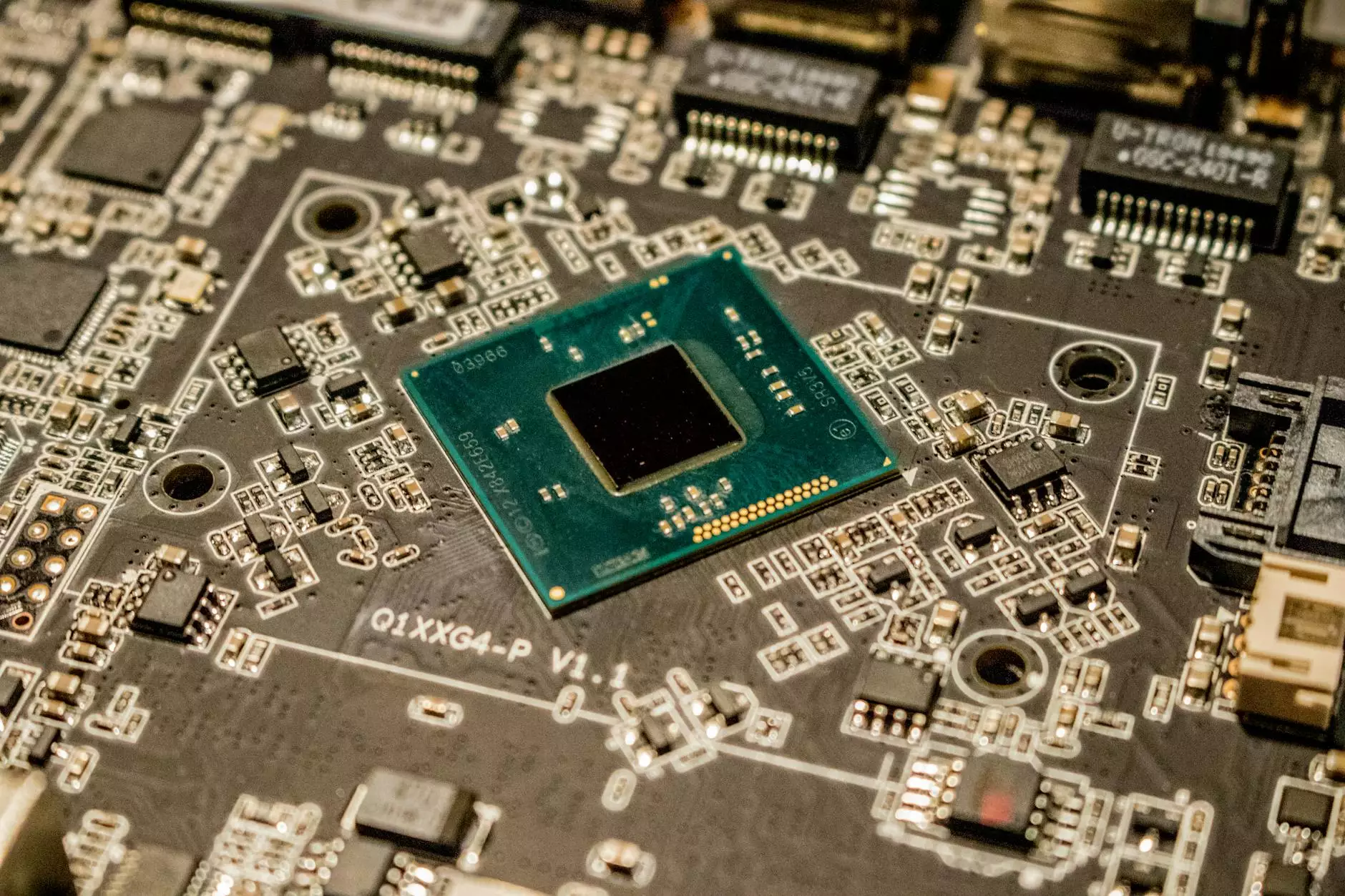The Benefits of Silicone Injection Molding in the Electronics Industry

Introduction
Silicone injection molding has revolutionized the electronics industry, providing manufacturers with a versatile and efficient solution for producing high-quality components. As a leading provider of silicone injection molding services, Nolato.com offers state-of-the-art technology and expertise to meet the evolving needs of the electronics sector.
Understanding Silicone Injection Molding
Silicone injection molding is a specialized manufacturing process that enables the production of intricate and complex electronic components using silicone-based materials. It involves injecting liquid silicone rubber into a mold cavity and allowing it to cure, resulting in the formation of a finished part.
This method offers several advantages over traditional manufacturing techniques, such as injection molding with thermoplastics or using silicone extrusion. By leveraging the benefits of silicone materials, manufacturers can achieve superior product performance, durability, and enhanced design flexibility.
Advantages of Silicone Injection Molding
1. Design Freedom
Silicone injection molding allows for the production of intricate and complex designs that may be challenging to achieve with other materials. The flexibility of silicone enables the creation of complex geometries, thin walls, and fine details, providing designers with unparalleled design freedom. This ensures that electronic components can be customized to meet specific requirements, including size, shape, and functionality.
2. Exceptional Material Properties
Silicone materials offer exceptional properties that make them ideal for electronic applications. They provide excellent temperature resistance, ensuring that components can withstand extreme temperatures without compromising performance. Silicone is also inherently resistant to moisture, chemicals, and UV degradation, making it suitable for demanding electronic environments.
In addition, silicone exhibits excellent electrical insulation properties, making it an ideal choice for insulating and protecting sensitive electronic circuits and components. The material's low compression set contributes to enhanced sealing capabilities, ensuring reliable performance in various applications, such as connectors, keypads, gaskets, and more.
3. Enhanced Product Performance
The use of silicone injection molding in the electronics industry offers enhanced product performance. Silicone materials provide superior shock and vibration resistance, protecting delicate electronic components from potential damage during operation or transportation. The material's inherent flexibility helps absorb impacts, reducing the risk of failure and enhancing product reliability.
Furthermore, silicone's biocompatibility and hypoallergenic properties make it suitable for electronic devices in the healthcare and medical sectors. It ensures patient safety and comfort when using medical devices that come into direct contact with the skin or body fluids.
4. Cost-Effectiveness
Silicone injection molding can offer cost-effective solutions in the electronics industry. The process allows for mass production of components, ensuring reduced manufacturing costs per unit. The high productivity and automation capabilities of silicone injection molding help minimize production time and labor costs, resulting in increased efficiency and overall cost savings.
Moreover, silicone materials have a longer lifespan compared to other materials, reducing the need for frequent component replacements. This longevity translates into reduced maintenance costs and improved product durability, making silicone injection molding a cost-efficient choice for electronic manufacturers.
Applications of Silicone Injection Molding in Electronics
Silicone injection molding finds extensive applications across various electronic components and devices. Here are some common applications:
- Sealing and gaskets
- Connectors and interconnects
- Keypads and buttons
- Cable assemblies and harnesses
- Encapsulation of sensitive electronics
- Insulation and protection components
- Medical and healthcare devices
The ability to produce intricate designs and the exceptional material properties of silicone make it a preferred choice for these applications, ensuring reliable performance and durability in electronic devices.
Conclusion
Silicone injection molding has emerged as a game-changer in the electronics industry, providing manufacturers with a range of benefits and opportunities. With Nolato.com's advanced silicone injection molding solutions, businesses can achieve high-quality electronic components that meet stringent requirements. From design freedom and exceptional material properties to enhanced product performance and cost-effectiveness, silicone injection molding offers a competitive edge in the market. Embrace this innovative manufacturing process and unlock the full potential of silicone materials in the electronics industry.









